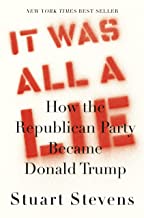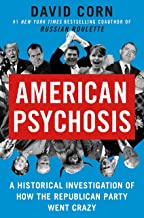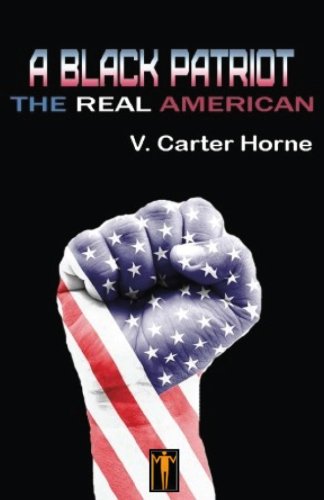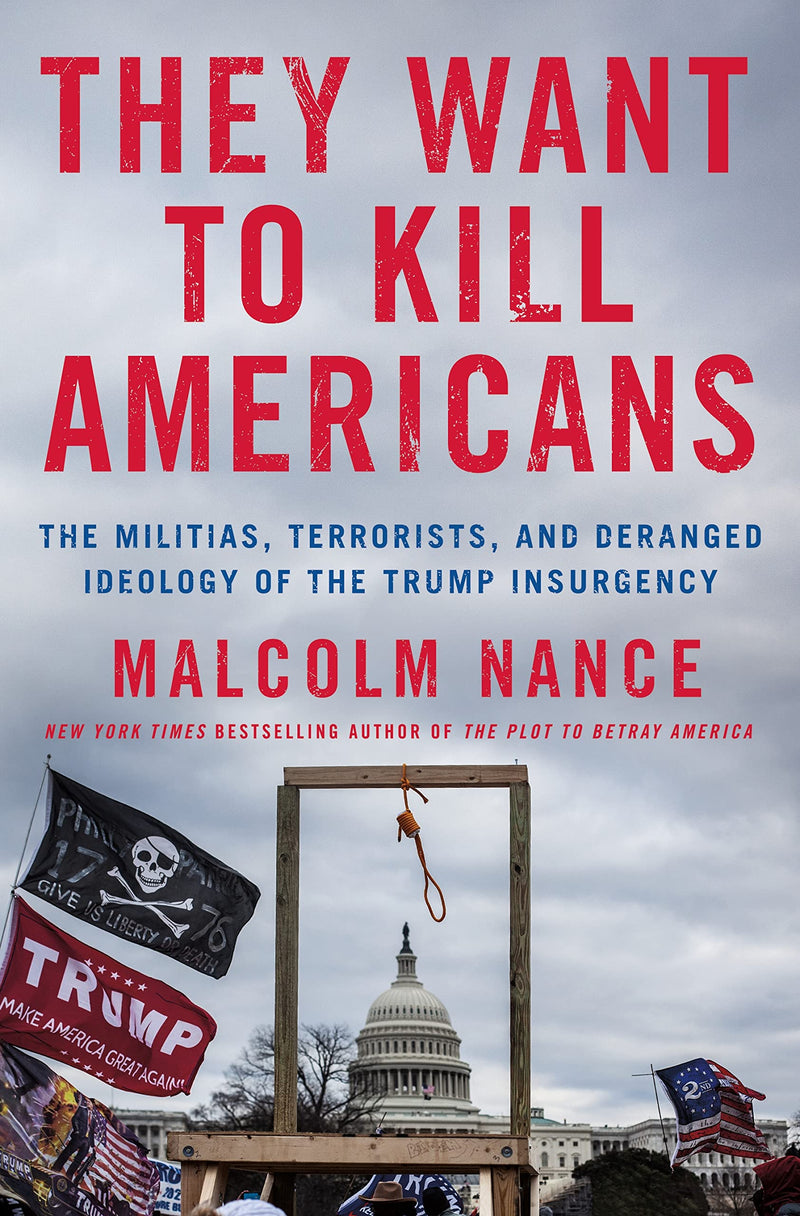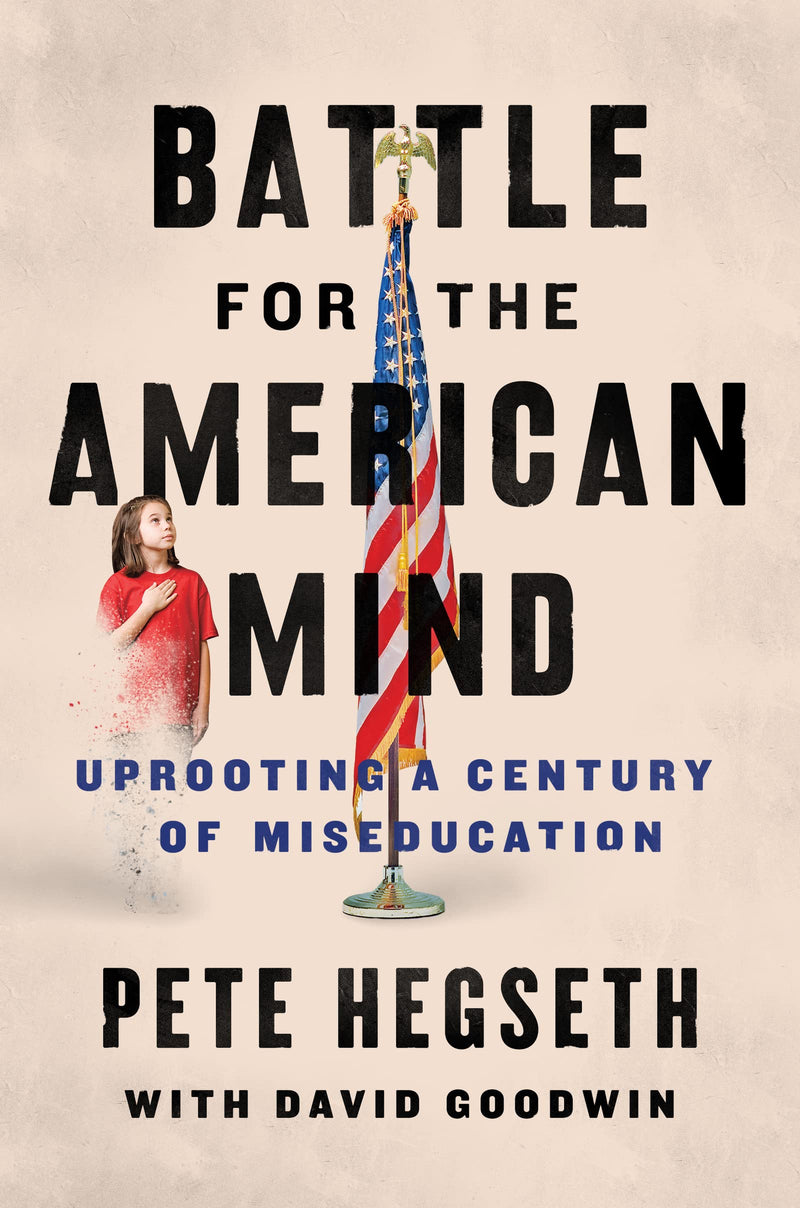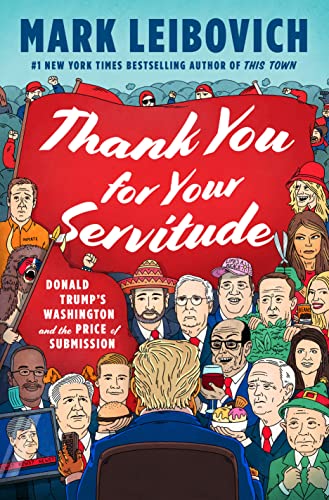*Chronicles the history leading up to the First Continental Congress to the final adjournment of the Second Continental Congress in 1789.
*Includes pictures of important people, places, and events.
*Discusses the seminal work of the Continental Congress, including the Declaration of Independence and Articles of Confederation.
*Includes a Table of Contents.
"The appointment of the delegates to both these congresses was generally by popular conventions, though in some instances by state assemblies. But in neither case can the appointing body be considered the original depositary of the power by which the delegates acted; for the conventions were either self-appointed "committees of safety" or hastily assembled popular gatherings, including but a small fraction of the population to be represented, and the state assemblies had no right to surrender to another body one atom of the power which had been granted to them, or to create a new power which should govern the people without their will. The source of the powers of congress is to be sought solely in the acquiescence of the people, without which every congressional resolution, with or without the benediction of popular conventions or state legislatures, would have been a mere brutum fulmen; and, as the congress unquestionably exercised national powers, operating over the whole country, the conclusion is inevitable that the will of the whole people is the source of national government in the United States, even from its first imperfect appearance in the second continental congress.” – Cyclopædia of Political Science, 1899
*Includes pictures of important people, places, and events.
*Discusses the seminal work of the Continental Congress, including the Declaration of Independence and Articles of Confederation.
*Includes a Table of Contents.
"The appointment of the delegates to both these congresses was generally by popular conventions, though in some instances by state assemblies. But in neither case can the appointing body be considered the original depositary of the power by which the delegates acted; for the conventions were either self-appointed "committees of safety" or hastily assembled popular gatherings, including but a small fraction of the population to be represented, and the state assemblies had no right to surrender to another body one atom of the power which had been granted to them, or to create a new power which should govern the people without their will. The source of the powers of congress is to be sought solely in the acquiescence of the people, without which every congressional resolution, with or without the benediction of popular conventions or state legislatures, would have been a mere brutum fulmen; and, as the congress unquestionably exercised national powers, operating over the whole country, the conclusion is inevitable that the will of the whole people is the source of national government in the United States, even from its first imperfect appearance in the second continental congress.” – Cyclopædia of Political Science, 1899










